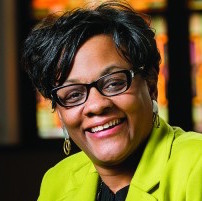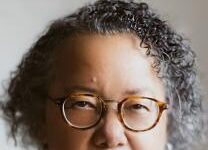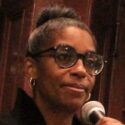 Cheryl Holcomb-McCoy was appointed dean of the School of Education in the College of Arts and Sciences at American University in Washington, D.C., effective July 1. Currently, she is vice provost for faculty affairs and a professor of counseling and human development at Johns Hopkins University in Baltimore.
Cheryl Holcomb-McCoy was appointed dean of the School of Education in the College of Arts and Sciences at American University in Washington, D.C., effective July 1. Currently, she is vice provost for faculty affairs and a professor of counseling and human development at Johns Hopkins University in Baltimore.
Dr. Holcomb-McCoy is the author of four books including School Counseling to Close the Achievement Gap: A Social Justice Framework for Success (Corwin, 2007). She also serves as an associate editor of the Journal of Counseling and Development.
Professor Holcomb-McCoy holds bachelor’s and master’s degrees from the University of Virginia. She earned a Ph.D. at the University of North Carolina at Greensboro.










